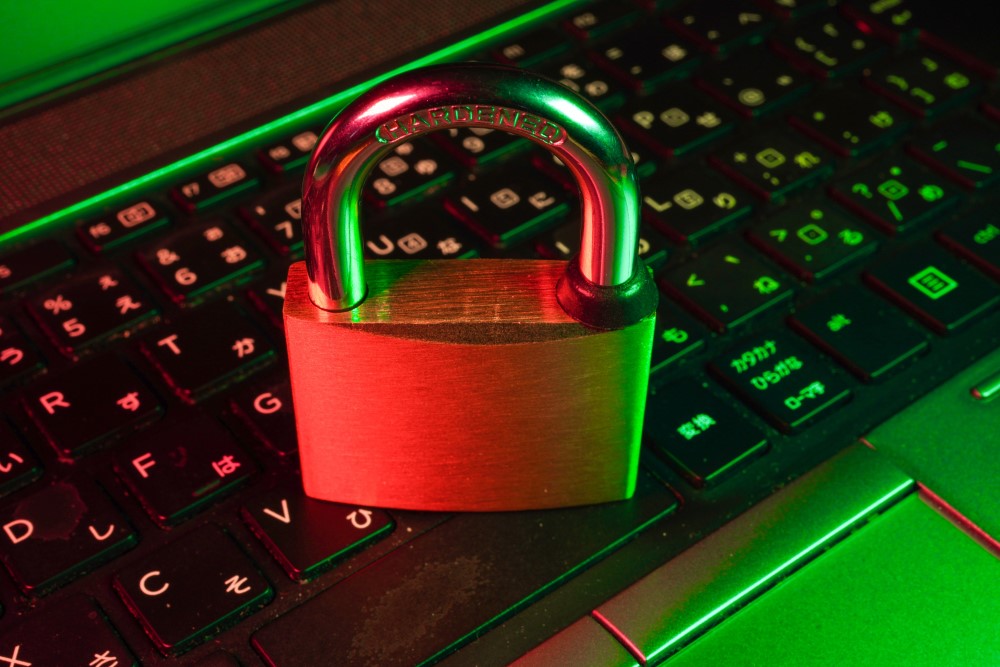WASHINGTON — A Democratic congressman is pushing for curtailing Russia’s access to the internet, saying that in recent days he has discussed that action against Vladimir Putin’s country with senior members of the Biden administration.
The internet sanction “would send a signal that Vladimir Putin could not hide from his people that they are headed toward being a pariah state,” said Rep. Bill Foster of Illinois in an interview. It would be “a very promising extension of the same principle for handling airspace that does not risk the retaliation of, say, cyberattacks,” Foster added.
The Biden administration on Tuesday banned all Russian flights from American airspace as part of its sanctions in response to Putin’s invasion of Ukraine. On Monday, the administration froze the Russian central bank’s assets within the U.S.
To limit Russia’s internet access, the U.S. could order American internet service providers to block traffic to and from Russia, according to the congressman. Other countries such as the U.K. could follow suit.
The move could rely on the more than 400 undersea fiber optic cables that serve as a backbone for the internet.
“If you look at the map of where fiber optics go, one end or the other of almost every big fiber optic is in a free country in the world, so we could make [the ban] fairly effective,” said Foster, who earned a doctorate in physics and worked at a Department of Energy national lab before running for office.
Foster said the ban could block Russian internet access for as little as one hour a day — or for a few hours a day randomly.
“Doing it sporadically would still allow the internet to be used to help pry open the information ecology inside Russia, that those who really wanted to get a message in or out of Russia could do it the times they weren’t being blocked,” said the lawmaker, who serves on the House Science, Space and Technology Committee.
“We could redirect them,” he added. “[Russian nationals] try to access Wikipedia and find you’re redirected to The New York Times, and so you’d actually get to see the truth instead of the Russian propaganda machine.”
The White House didn’t respond to a request for comment.
There are other proposals that also aim to limit Russia’s access to the internet. The Ukrainian government has asked the Internet Corporation for Assigned Names and Numbers (ICANN), a nonprofit that oversees internet domains, to bar access to Russian domains from the global web, according to multiple published reports.

